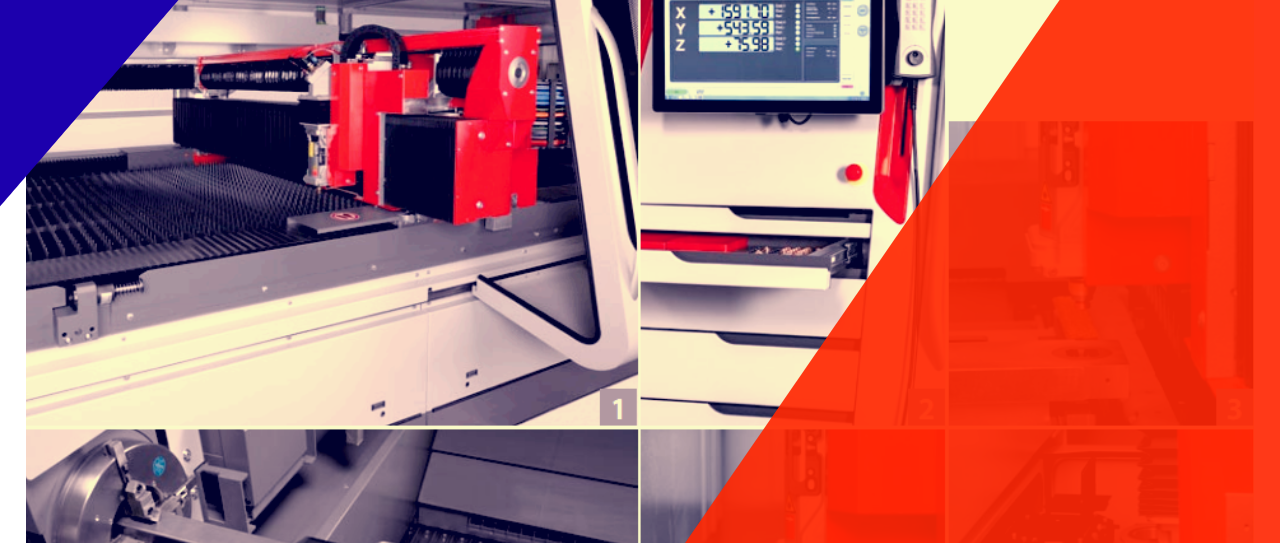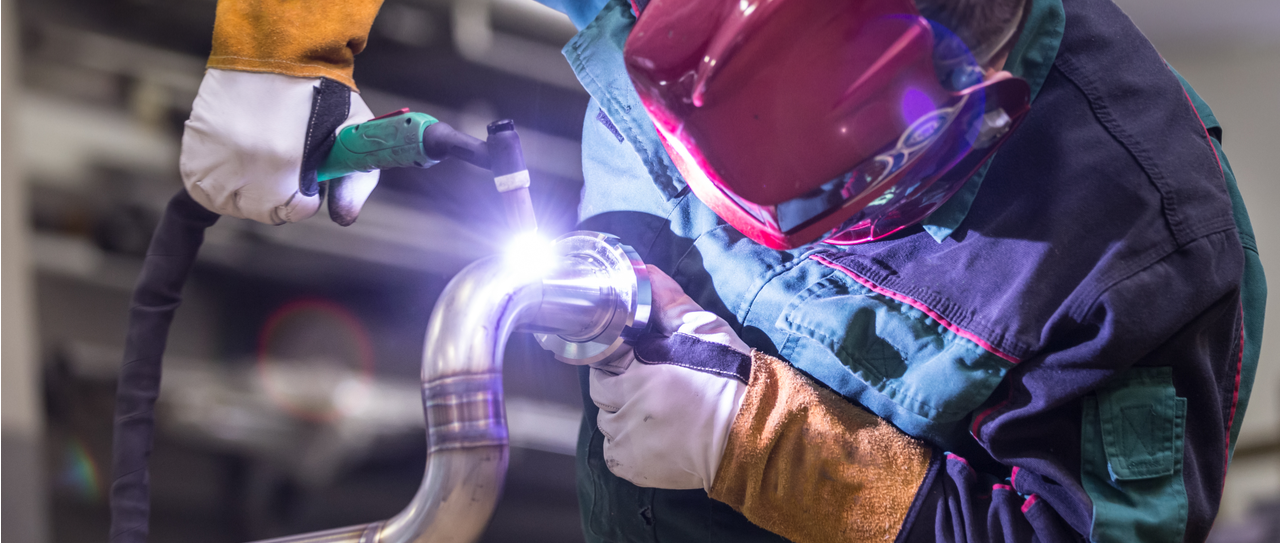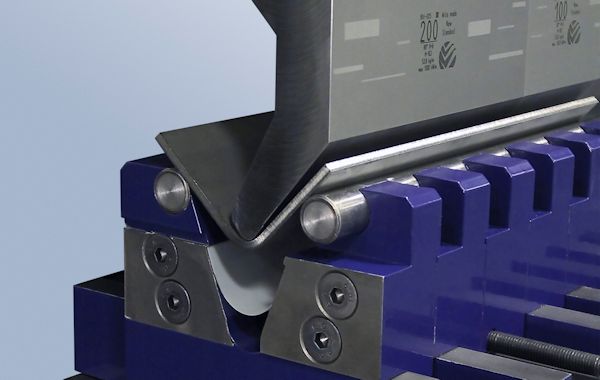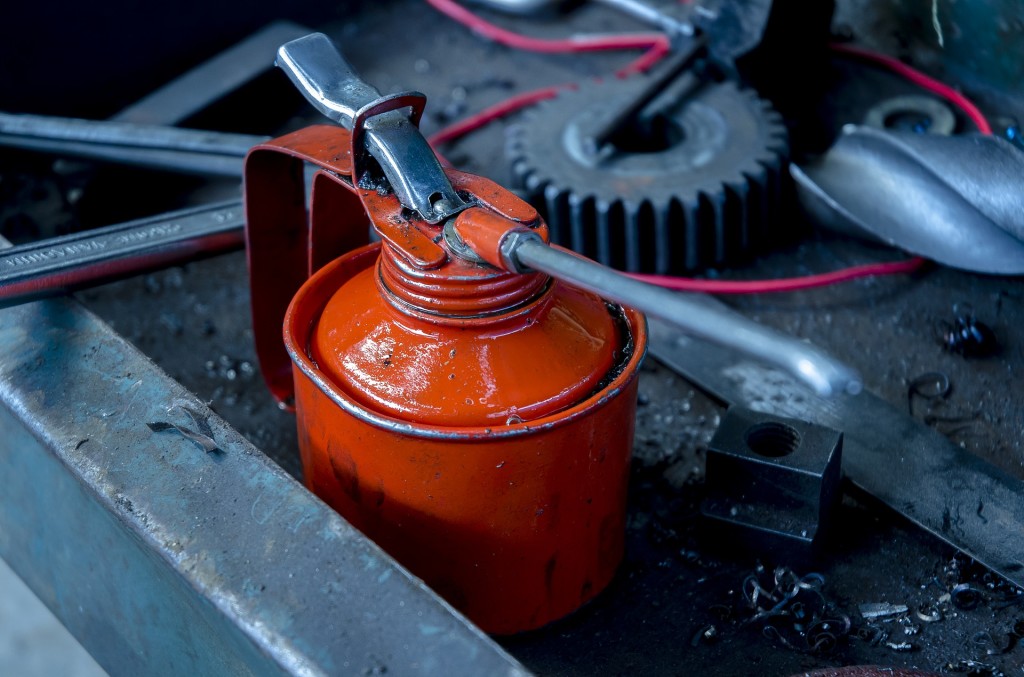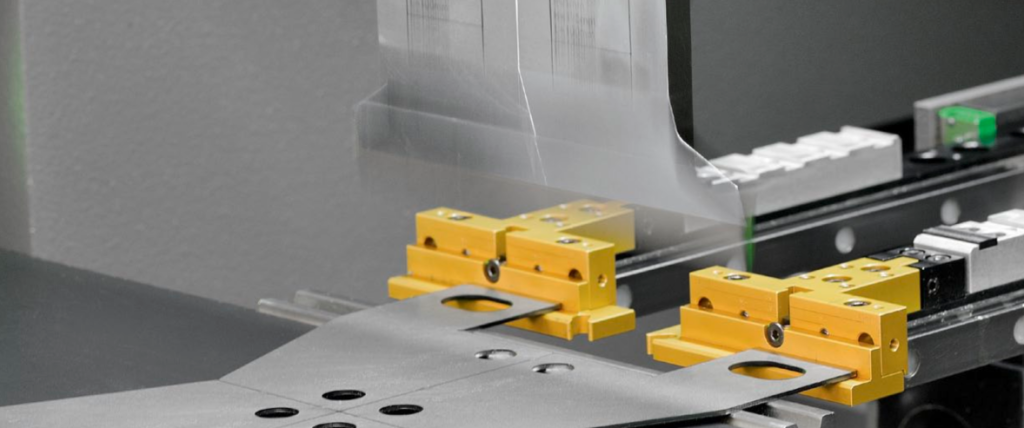Being the Engineering Manager on a metal fabrication shop, I have seen laser cutting machine operators forgetting to set up the parameters, welders to use wrong weld pool, metal rolling and metal bending press brake operators not setting up the machine or not troubleshooting properly.
These small mistakes cost a lot. Such insignificant carelessness and we could end up with a batch of waste parts and product. No metal fabrication shop will afford to do the same mistake again once they see how much loss of time, effort, and material they have to carry. Thankfully our current team of workers and operators have gone through a lot of training to get past the position where a slip of mind will cost the shop a fortune.
However, this can’t be said for all the metal fabrication Singapore shops I know. That’s why, I decided to talk about the common mistakes in metal bending Press Brakes (regardless of the machine, hydraulic or manual) and how to prevent them.
Untidy Press Brake Unit
The most common mistake that metal bending press brake operators make is leaving it unclean. The dirt and debris sit on it and eventually it causes excessive wear to the gibs.
To avoid the excessive wear and tear, the machine and its parts should be wiped regularly.
Lack of Proper Lubrication
Every moving part in the metal fabrication shop should be lubricated properly so that the movements are not restricted in any way.
There are many parts of a metal bending press brake which needs lubrication for the unit to work properly, especially the ram gibs. However, there are some units that have nonlubricated gibways. Again, there are some with grease fitting and automatic or manual oiling system.
If you have a traditional one which requires lubrication, forgetting to do so can lead to a workpiece disaster.
Upset Ram
Sometimes, when the bending load is much concentrated and as a result, the ram and/or bed over-deflects, they can take on a fixed/permanent upset in the machine’s center.
When the Ram or bed upsets, you will notice an angle, a large one, on the center of longer parts instead of the ends.
To fix the situation, the ram and/or bed should be remachined correctly. To prevent this from happening again, place the bending load carefully. Also, use only the sufficient tonnage.
Excess Gib Clearance
The clearance for gibs are different for each machine. Some manufacturers recommend 0.001 – 0.002 and some even higher, like 0.006 – 0.008 inch.
Too much clearance will lead to floating ram and too little will cause gibs to hold the ram as brakes. That’s why the clearance should be within the manufacturer’s suggested range.
Uneven Machine Levels
Ram gibs should be parallel otherwise the ram won’t work with a twisted movement. Make sure to ensure the leveling is perfect before you proceed.
Conclusion
Avoiding or preventing these problems will benefit the aluminium fabrication, steel fabrication, and stainless steel fabrication process and the metal fabrication shop in general. So, be careful and if possible, organize a training session for your workers & operators and make them more skilled or capable of handling the machine or the problems.




